当前位置:网站首页>[template] KMP string matching
[template] KMP string matching
2022-07-06 11:51:00 【Selvaggia】
KMP String matching next Array method
char* strstr(char*str,char*pattern);// The string is very small O(m.n)
There are small strings that can be matched from end to end in the substring , The pointer doesn't have to go back to the beginning every time .
Before matching , Analyze the pattern string in detail , Make clear next The meaning of value ,
p[0 ~ j]==p[ (i-j) ~i] , From p[0] Start length is len=j+1, There are p[j]=
p[i] So once p[i+1] And t[?] It's not equal ,t[?] The next one is with p[j+1] Compare ,next[i+1]=j+1
for example next[6]=3 , Mode string slave 0-5 In this substring , The head and tail can match
Small string from 0 Start the subscript at the end of this small string Move back a bit
In fact, we can also find , KMPKMP The reason why the algorithm is fast , Not just because of its mismatch handling scheme , More importantly, it takes advantage of the characteristics of prefix and suffix , Never look for again and again , We can see that there is only one loop for matching in the code , in other words KMPKMP The algorithm has a “ Optimal history processing ” The nature of , And this property is also based on KMP The core idea of .
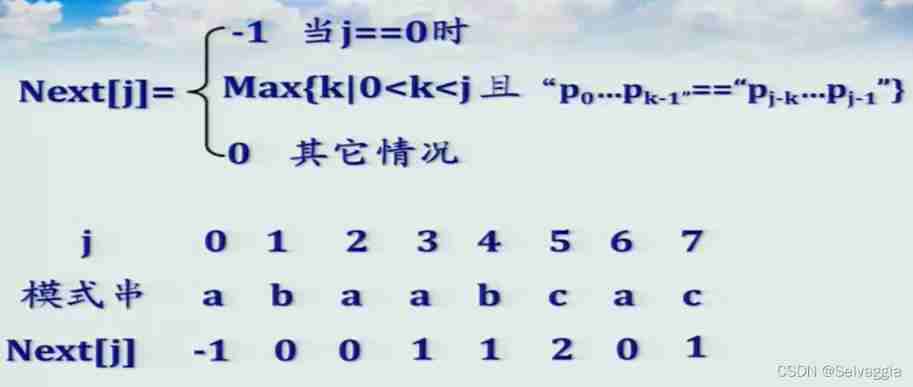
t[?] And p[0] All matching failed ,
-1 It means that this point in the main string cannot succeed , The main string moves back a position
Put the front of the pattern string to the failed position Continue matching
If it's with p [ x ] ( x ! = 0 ) p [x](x!=0) p[x](x!=0) Comparison failed , that t[?] And next[x] matching
This form can successfully obtain the matching position , But there is one flaw ,next The array does not correctly reflect The real length of the small string that matches the beginning and end of the pattern string
There is no defect , Compare according to observation , Find out next【i】 i ∈ ( 0 — — p . s i z e ( ) − 1 ) i∈( 0——p.size()-1 ) i∈(0——p.size()−1) Represents the pattern string before i Characters , namely 0~ i-1 The beginning and end of this paragraph match the length of the small string , But 0~p.size()-1 The beginning and end of the whole pattern string match, but the length of the small string is unknown . Observe getNext() Right in the function next The evaluation of array can find ,next The length of the array is p . s i z e ( ) + 1 p.size()+1 p.size()+1 instead of p . s i z e ( ) p.size() p.size(), That is, being n e x t [ p . s i z e ( ) ] next[p.size()] next[p.size()], Can be said 0~p.size()-1 The whole pattern string matches the length of the small string .

【 Templates 】KMP string matching
【 Templates 】KMP string matching
#include <iostream>
#include <algorithm>
using namespace std;
const int N=1e6+5;
int next[N];
void getNext(string p){
next[0]=-1;
int i=0;
int j=-1;
// In the pattern matching string, in the small string that matches the beginning and end ,i Point to the last character of the tail string
// j Point to the last character of the first string ,
// That is to say p[i+1] The position of pointer backtracking when it does not match j+1 It depends on it j location
int len=p.size();//strlen
while(i<len){
if(j==-1||p[i]==p[j]){
i++;j++;// The first and last strings still match, and then continue to move forward
next[i]=j;// Equivalent to p[i]=p[j] be next[i+1]=j+1
// as for j==-1, That is, the pointer goes back from -1 Start comparing ,p[i+1] It must be from j==0 Start comparing
}
else{
j=next[j];// If p[i]!=p[j], that p[i] Just like next[j] Compare
}
}
}
void kmp(string t,string p){
int lt=t.size();
int lp=p.size();
int i=0;
int j=0;
while(i<lt&&j<lp){
if(j==-1||t[i]==p[j]){
i++;
j++;
}
else j=next[j];// such j It could be -1, Then I thought if To judge j==-1
//j==-1 Mode string slave 0 At the beginning j++,t[i] It is impossible to p[0] matching
if(j==(lp)){
cout<<i-lp+1<<endl;
j=next[j];// Go back to p【0】
}
}
}
int main(){
string t;
string p;
cin>>t>>p;
getNext(p);
kmp(t,p);
for(int i=1;i<=p.size();i++){
//next The array length is p.size()+1,
// after p.size() The first value is the length of the matching string in the pattern string
cout<<next[i]<<" ";
}
return 0;
}
There is another way to write , avoid next Value taking -1 Of
#include<iostream>
#include<cstring>
#define MAXN 1000010
using namespace std;
int next[MAXN];
int la,lb,j;
char a[MAXN],b[MAXN];
int main()
{
cin>>a+1;
cin>>b+1;
la=strlen(a+1);
lb=strlen(b+1);
for (int i=2;i<=lb;i++)
{
while(j&&b[i]!=b[j+1])
j=next[j];
if(b[j+1]==b[i])j++;
next[i]=j;
}
j=0;
for(int i=1;i<=la;i++)
{
while(j>0&&b[j+1]!=a[i])
j=next[j];
if (b[j+1]==a[i])
j++;
if (j==lb) {
cout<<i-lb+1<<endl;j=next[j];}
}
for (int i=1;i<=lb;i++)
cout<<next[i]<<" ";
return 0;
}
边栏推荐
猜你喜欢
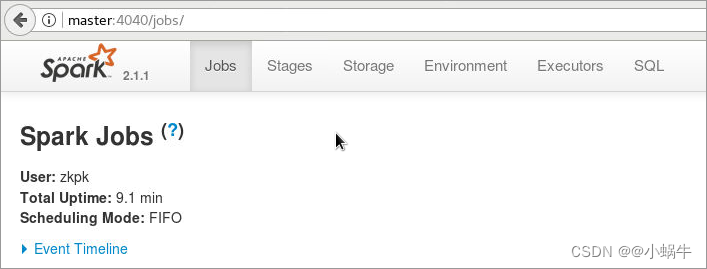
4、安装部署Spark(Spark on Yarn模式)
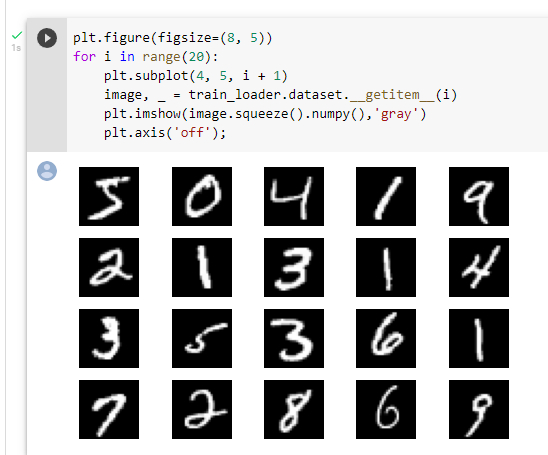
Machine learning notes week02 convolutional neural network
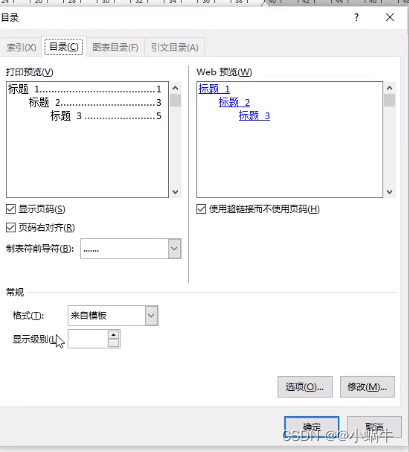
Word typesetting (subtotal)
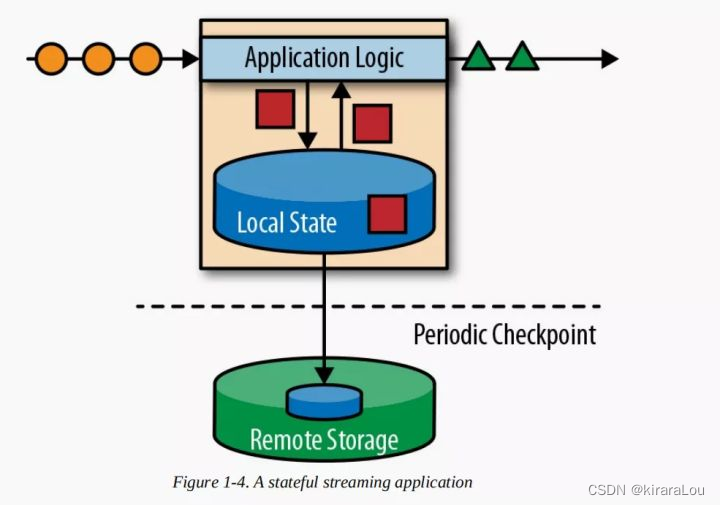
【flink】flink学习
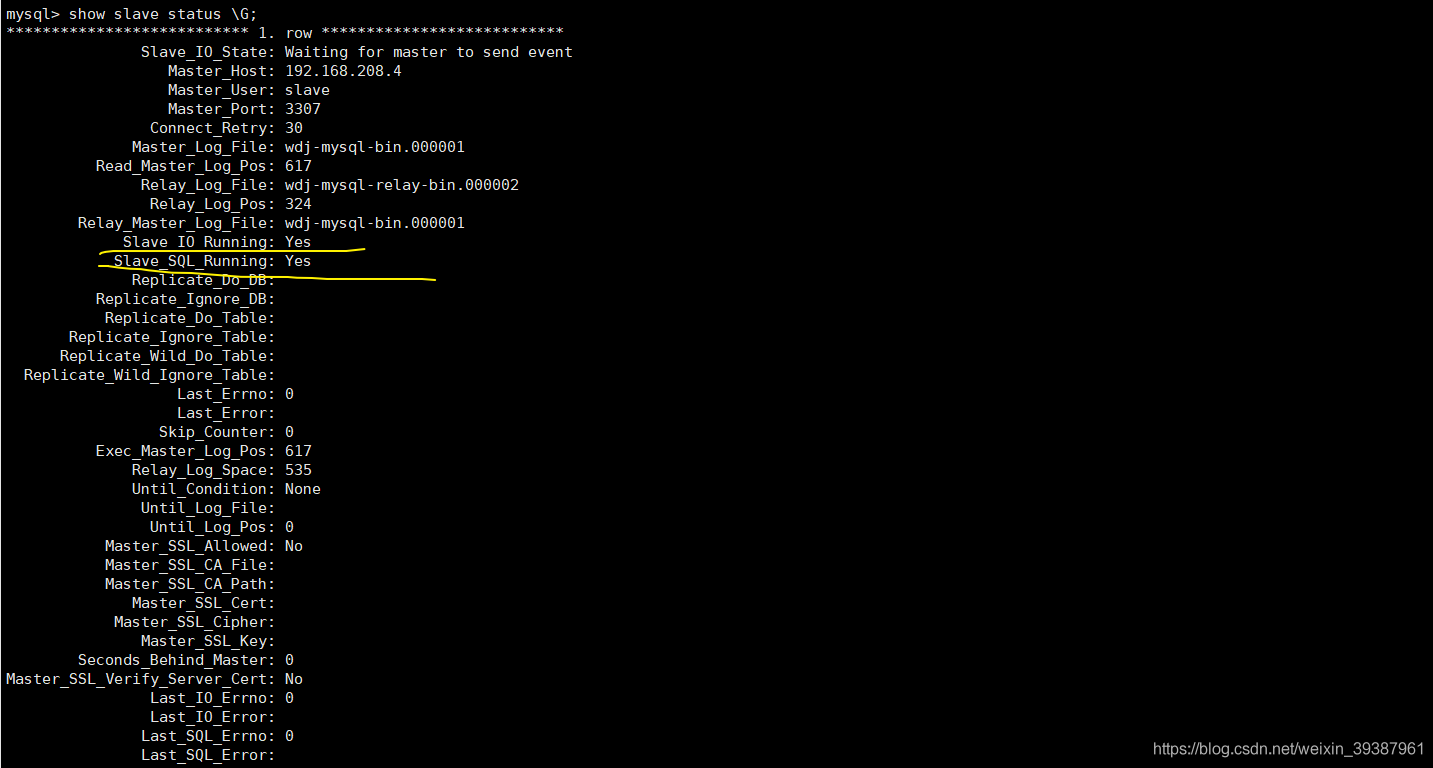
MySQL主从复制的原理以及实现
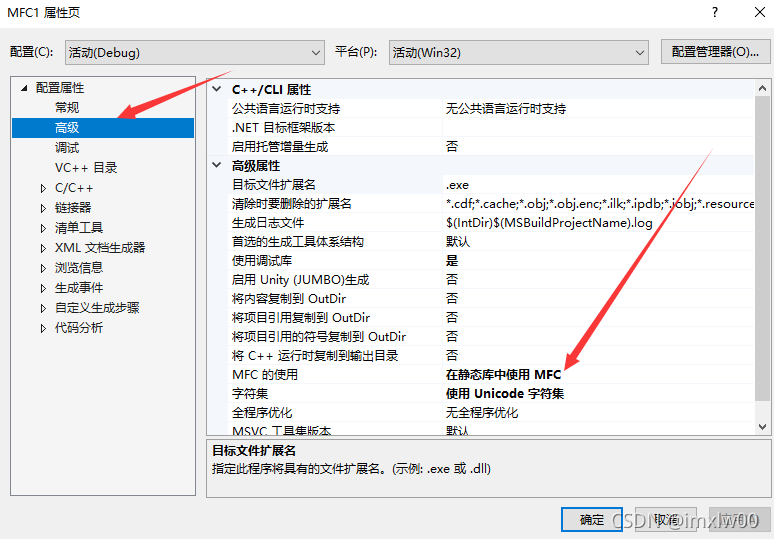
Vs2019 first MFC Application

2019腾讯暑期实习生正式笔试

PHP - whether the setting error displays -php xxx When PHP executes, there is no code exception prompt

分布式节点免密登录

快来走进JVM吧
随机推荐
MongoDB
【CDH】CDH5.16 配置 yarn 任务集中分配设置不生效问题
MySQL START SLAVE Syntax
[Flink] cdh/cdp Flink on Yan log configuration
JS array + array method reconstruction
ES6 Promise 对象
[BSidesCF_2020]Had_a_bad_day
互联网协议详解
L2-006 tree traversal (25 points)
2020 WANGDING cup_ Rosefinch formation_ Web_ nmap
UDS learning notes on fault codes (0x19 and 0x14 services)
Word typesetting (subtotal)
Library function -- (continuous update)
Codeforces Round #753 (Div. 3)
Vert. x: A simple TCP client and server demo
[蓝桥杯2017初赛]包子凑数
[蓝桥杯2017初赛]方格分割
L2-004 is this a binary search tree? (25 points)
[yarn] yarn container log cleaning
Nanny level problem setting tutorial